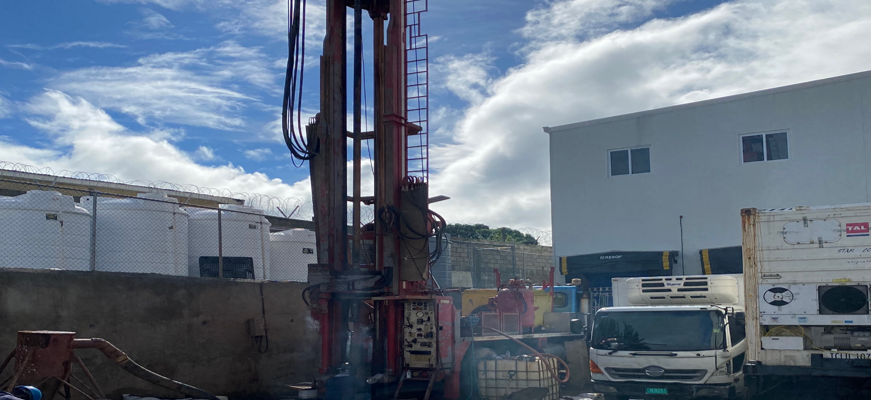
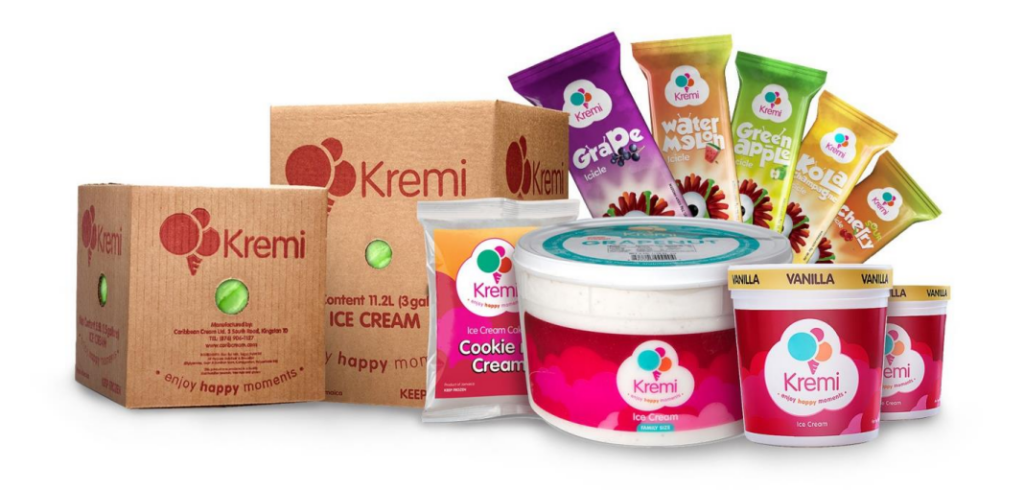
Frozen novelty and ice cream manufacturer Caribbean Cream is investing in infrastructure to drive down the cost of doing business as it expands its balance sheet.
The company which trades as Kremi, and is listed on the Junior Market of the Jamaica Stock Exchange, has been engaged in various infrastructure projects over the last couple of years to improve productivity and business efficiencies.
Cold room and blast freezer
One such project is the commissioning of a new cold room in November 2023. This new asset has resulted in Caribbean Cream’s “increased ability to get sales due to higher product availability”, according to Chief Executive Officer Christopher Clarke.
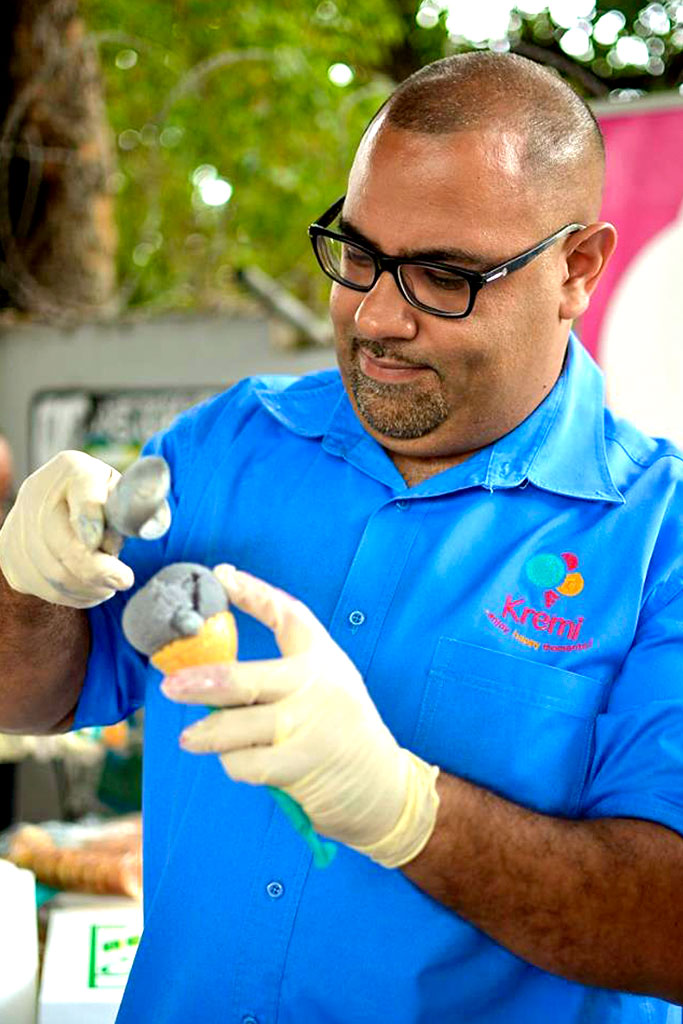
“Sales used to be affected by any downtime in production but now inventory levels fluctuate without affecting sales. The new blast freezer was commissioned simultaneously with the cold room, which increased production capacity,” he further told shareholders at the company’s annual general meeting on Tuesday at the Courtleigh Hotel & Suites in New Kingston St Andrew.
In the meantime, the company has been learning new ways to leverage the benefits of the cold room and blast freezer even more after some upgrades.
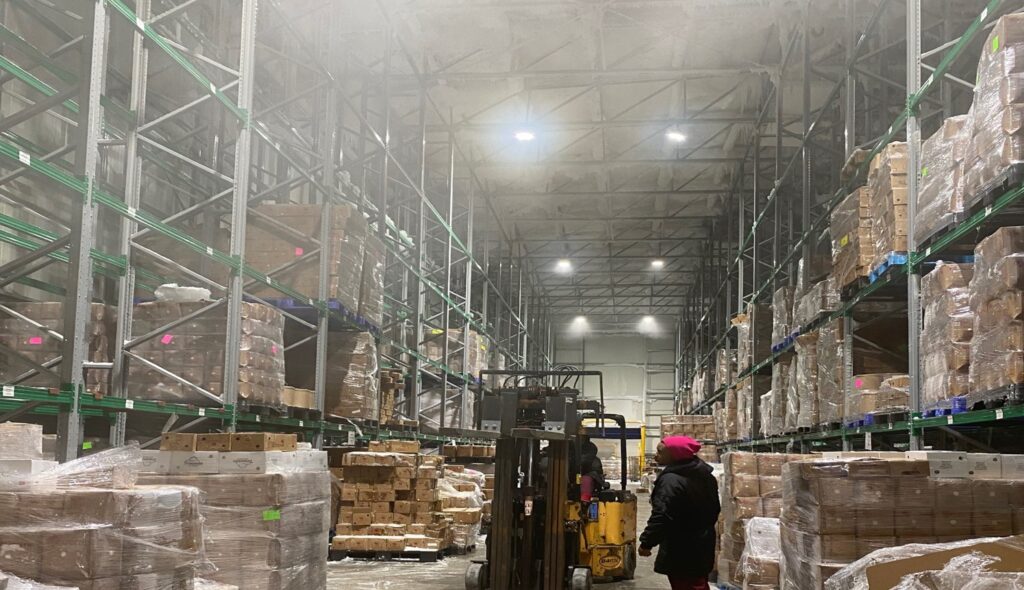
At the end of February 2024, Caribbean Cream’s revenue rose to $2.64 billion or 5 per cent more than the amount recorded the year prior.
Clarke proudly boasted that the impact of the new cold room and blast freezer was reflected more prominently in half-year sales. For the six months ended August 31, 2024, the company reported a 15.38 per cent increase in revenue, moving from $1.3 billion at the FY 2023/24 half-year to $1.5 billion.
CHP plant
On the expense side, Caribbean Cream anticipates its operating costs reducing in the upcoming year with the commissioning of a combined heat and power (CHP) plant at its South Camp Road facility. In 2021, the company announced that it had earmarked US$2 million for the construction of the CHP and was in discussions with New Fortress Energy for the supply of liquefied natural gas (LNG).
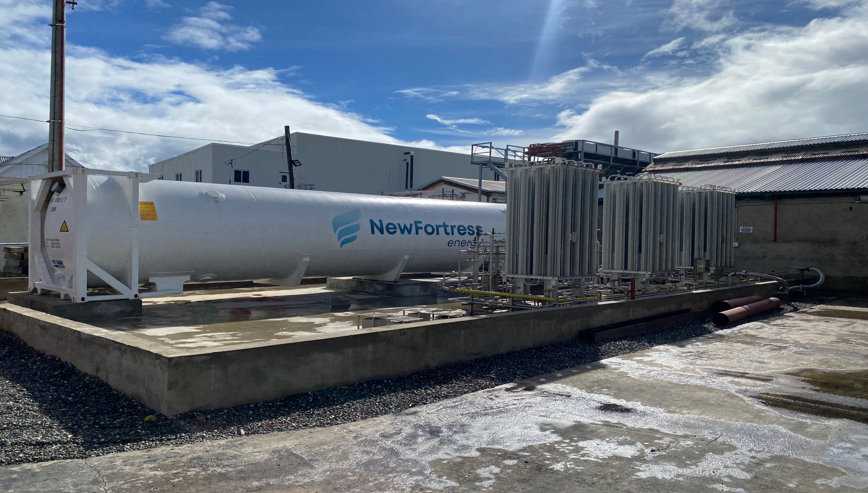
On Tuesday, Clarke told shareholders, “I am happy to announce that we are now out of the construction phase of the combined heat and power plant project. Next is the commissioning phase. Barring any unforeseen delays, we expect to start seeing the benefits of this project in the first half of 2025.”
When asked about how the CHP plant will impact energy consumption, the CEO indicated that there were “internal estimates” as to how much cost savings from the energy switch the company expects on an annual basis. However, Clarke noted that the company should recoup investments from cost savings in less than five years.
He also confirmed that New Fortress Energy will supply the CHP plant with LNG.
Digging a well
Another infrastructural investment Caribbean Cream is undertaking is the construction and digging of a well. Clarke revealed to shareholders that the company is taking advantage of the lifting of a moratorium on new wells in St Andrew and that it received permission after applying for the same.
“Water is one of our key inputs. It is not only used as an ingredient but is also crucial for running the equipment and cleaning and sanitising the plant,” the CEO explained.
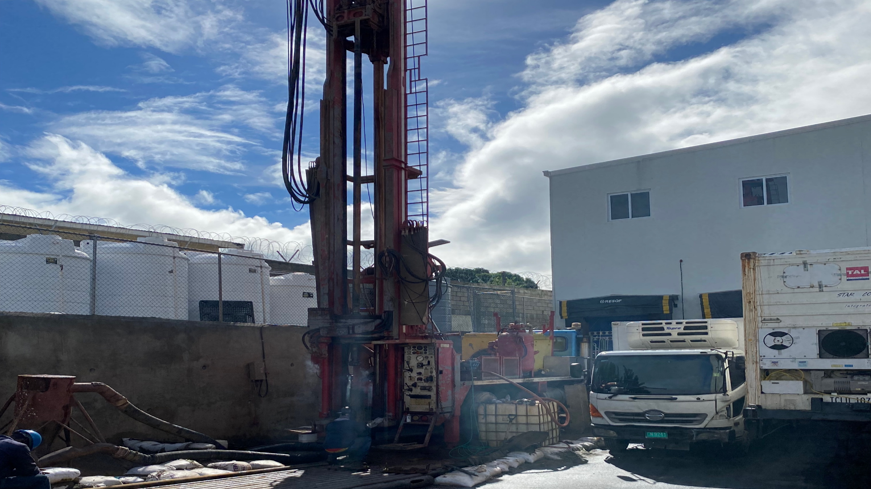
“Having a well on the property will benefit the company in several ways. The first will be cost reduction by reducing our dependency on supply from [National Water Commission] and, even more crucially, trucked water during droughts. Another benefit that is just as important as cost reduction is production continuity. We currently monitor our water levels carefully; if we run out of water the plant cannot function,” he continued.
Clarke added that the “uninterrupted supply” of water should also contribute to higher sales and reduced employee workload.
Responding to a question on exporting, he redirected the attention of shareholders to infrastructure investment. “We want to get certain projects off the ground – the well, the CHP plant. There is a lot of infrastructure build-out before you can look at export…For instance, if you don’t have enough production capacity to export, it doesn’t even make sense to pay the get the certifications,” he outlined.
Financial performance
For the financial year ended February 29, 2024, Caribbean Cream’s net profit before taxation was $48.21 million compared to $41.84 million in the previous year. Earning per stock rose to $0.10, coming from $0.07.
For the first six months of FY 2024/25 the company earned profit before taxation of $45.19 million, up from $12.47 million in the same period a year ago. Earning per stock increased from $0.03 to $0.09.
On the company’s balance sheet, the property, plant and equipment line increased $18.6 million to $1.73 billion. While cash and cash equivalents more than halved to $70.77 million, trade receivables grew to $182.27 million, compared to $113.57 million a year prior.
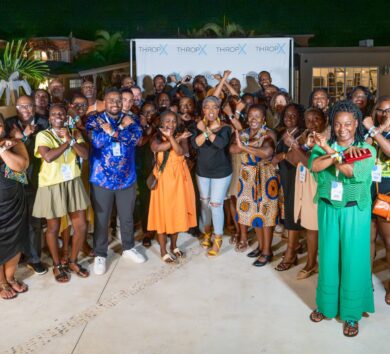

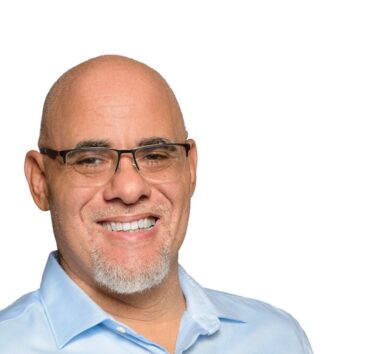
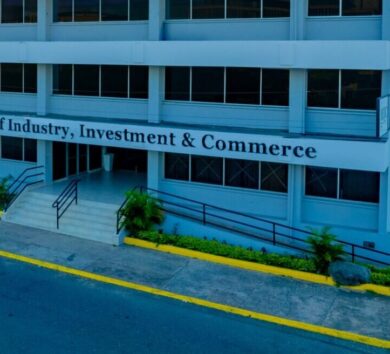
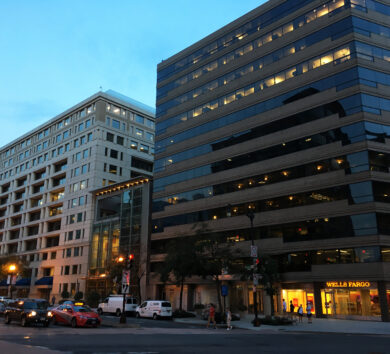

Comments